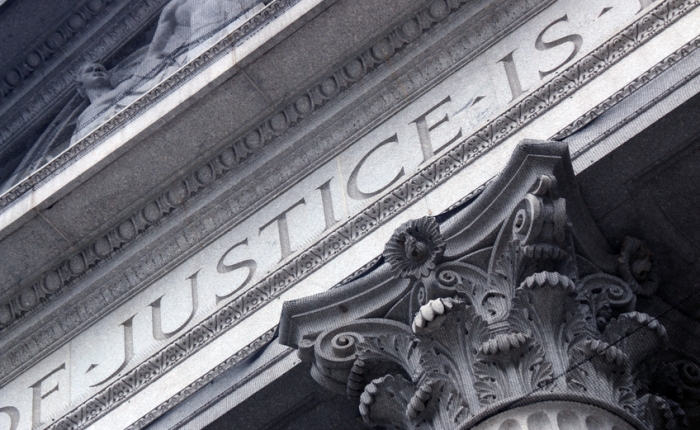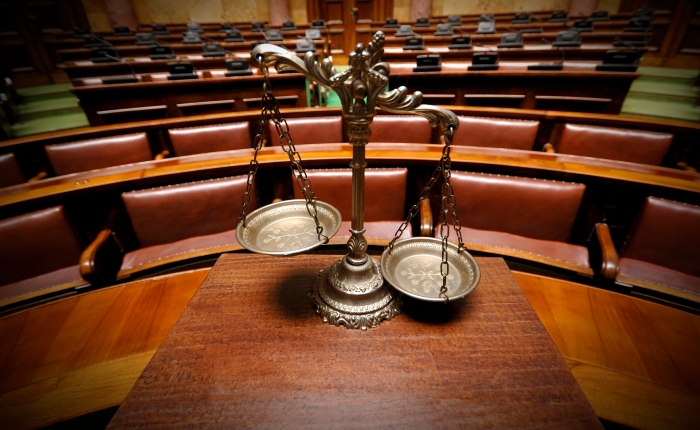The recent acquittals of Jian Ghomeshi and Mike Duffy in highly-publicized criminal trials raise a question not addressed by any columnist or commentators- Does anyone care about an accused who is acquitted?
Some say that they weren’t found to be innocent, they won because the Crown couldn’t prove the charges beyond a reasonable doubt. In the court of public opinion, that often leaves little room for sympathy.
There can be no dispute that both men lived under significant stress for many months and were put to enormous expense to remain free of criminal stigma. Has a column yet been written or a commentator heard to mention this consideration?
Regrettably, that’s the experience of many who successfully defend themselves against criminal charges. The entire process, ranging from bail conditions placing significant restrictions on liberty, to disruption of personal and professional lives over many months, is extremely challenging. When the prosecution fails to establish guilt, has the accused any recourse? Aside from the accused and his or her family, does anyone care?
The short answer to both questions, in the vast majority of cases, is a simple no.
What’s available by way of remedy? The Supreme Court of Canada established the tort of negligent investigation by police. The court would have to consider how a reasonable officer in such circumstances would have acted, given the duty of care owed to a suspect. However, proof of negligence by police can be very difficult.
Nelles v. Ontario provided for the right to sue the Attorney-General and Crown Attorneys for malicious prosecution. To win, you’d have to show there were reasonable and probable grounds to commence or continue with proceedings but also proof of an improper purpose of motive by the Crown.
The decision to initiate or continue with a prosecution is one of the “core elements” of prosecutorial discretion. As such, there’s a high standard for liability. It limited to “only very serious conduct that undermines the integrity of the judicial process” so that courts won’t second-guess a Crown’s decision.
What about a breach of the accused’s rights under the Charter, as distinct from an acquittal? If the Crown intentionally fails to disclose evidence that the Crown knows, or is reasonably expected to have known, is material to the defence, a lawsuit against the Crown could potentially succeed but the accused must still show that “but for” the wrongful non-disclosure, he or she would not have suffered the harm experienced.
What about costs?
Our courts make costs awards in civil proceedings between private litigants to discourage unnecessary litigation and compensate the successful party. However, in criminal proceedings, the Crown acts in the public interest. Accordingly, our courts have said that its discretion should not be influenced or fettered by the threat of a costs award.
It is only when an accused can show “a marked and unacceptable departure from the reasonable standards expected by the prosecution” that costs may be awarded for a Charter breach by the Crown.
Our Court of Appeal recently set aside a costs award when failure to disclose material information led to a mistrial, notwithstanding many days of court time which were essentially wasted as a result of non-disclosure of material evidence.
The unfortunate reality is that many accused persons, may succeed at trial but still suffer profound personal loss for which they will never be compensated.
As noted by McCawley, J, of the Manitoba Court of Queen’s Bench, reluctantly concluding that the law didn’t permit her to make a costs award on a child homicide prosecution so flawed that she repeatedly, but unsuccessfully, urged the Crown to reconsider its position: “There is no doubt that, from time to time, innocent people will be charged with criminal offences. However, it behooves us all to bear in mind the serious and lifelong implications when that occurs.”
So who should care about the accused who’s acquitted? Perhaps the police, who may want to reflect on whether they met the duty of care owed to the suspect at the investigative level. The Crown might think again about whether it really was in the public interest to continue with the prosecution. Senior Justice officials shouldn’t conclude that the system worked just because someone was acquitted. And finally the public. No-one should ever overlook the plight of a fellow citizen who had to endure the experience of being prosecuted for a crime for which he or she was ultimately found not guilty.
If you have any questions, please email jmanishen@rossmcbride.com.




